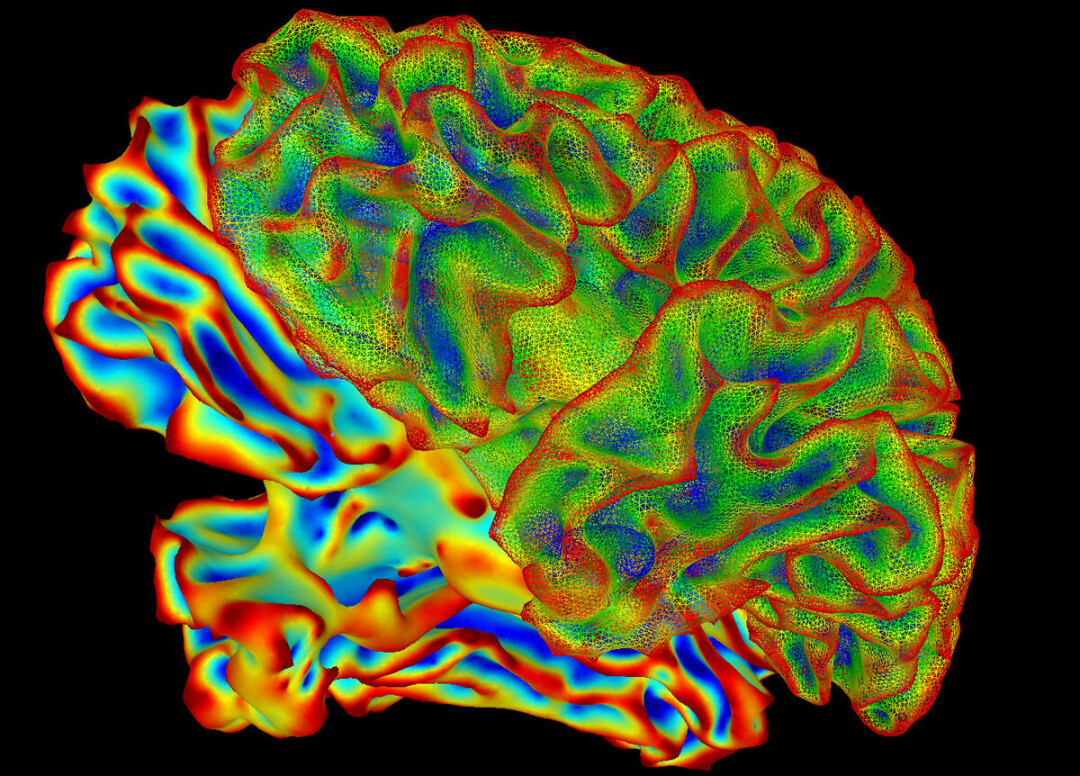
Sixty-nine million individuals sustain a brain injury each year around the globe, according to a recent article in the Journal of Neurosurgery. The CDC estimates 2.8 million sustain a traumatic brain injury each year in the United States alone. This is a sobering thought.
Traumatic or acquired brain injury (TBI/ABI) may result from falls, auto accidents, abuse, strokes, tumors, or other medical conditions. This includes concussions. These injuries are often called the “Invisible Disability” by brain injury survivors and caregivers. Each brain injury is unique, but recovery methods can be shared no matter how the injury happened.
The Blugold Brain Injury Group is spreading the word that there is hope for healing and recovery in the Chippewa Valley and beyond.
The Blugold Brain Injury Group is spreading the word that there is hope for healing and recovery in the Chippewa Valley and beyond. Led by Dr. Jerry Hoepner and student clinical speech language pathologists from UW-Eau Claire, BBIG advocates for increased knowledge and support for individuals and families affected by brain injuries. Group members know firsthand the struggles of living and working with a brain injury.
BBIG members share a wealth of knowledge, such as tips, techniques, and coping skills, both for the injured and their caregivers. The power of connectivity is so important; Survivors come together to face a real need and provide a meaningful opportunity for others to learn.
BBIG members share the journey of finding and accepting the “new you.” They give support to making the best and right decisions for going back to employment or school, social and family issues, and adjusting a “new life” for everyone. Maybe most importantly, they work together on resiliency, humor, and advocating for the future.
BBIG meets every second and fourth Tuesday of the month at UWEC’s Human Sciences and Services Building, 239 Water St. Zoom links are also provided. Survivors of any age, caregivers, friends, and family are welcome. If you have any questions, contact Dr. Jerry Hoepner at hoepnerjk@uwec.edu or at (715) 836-3980.



















